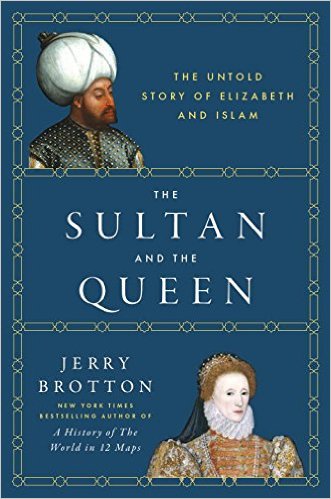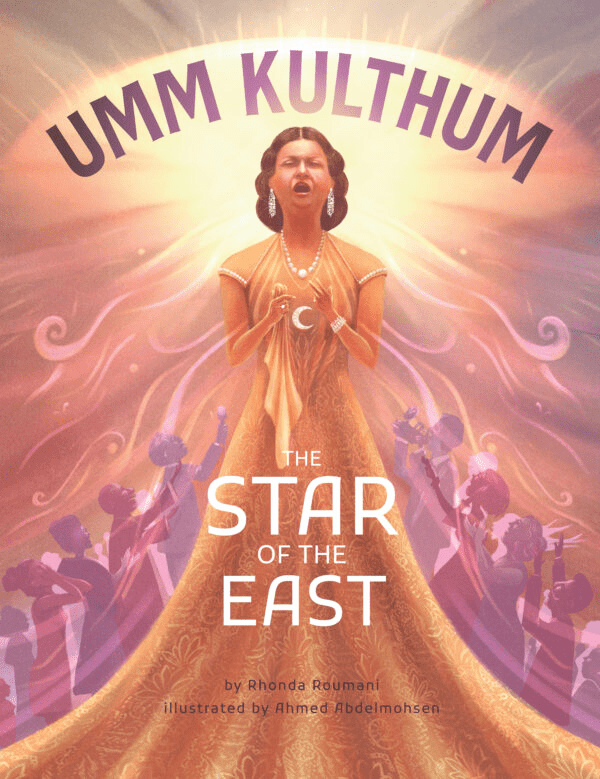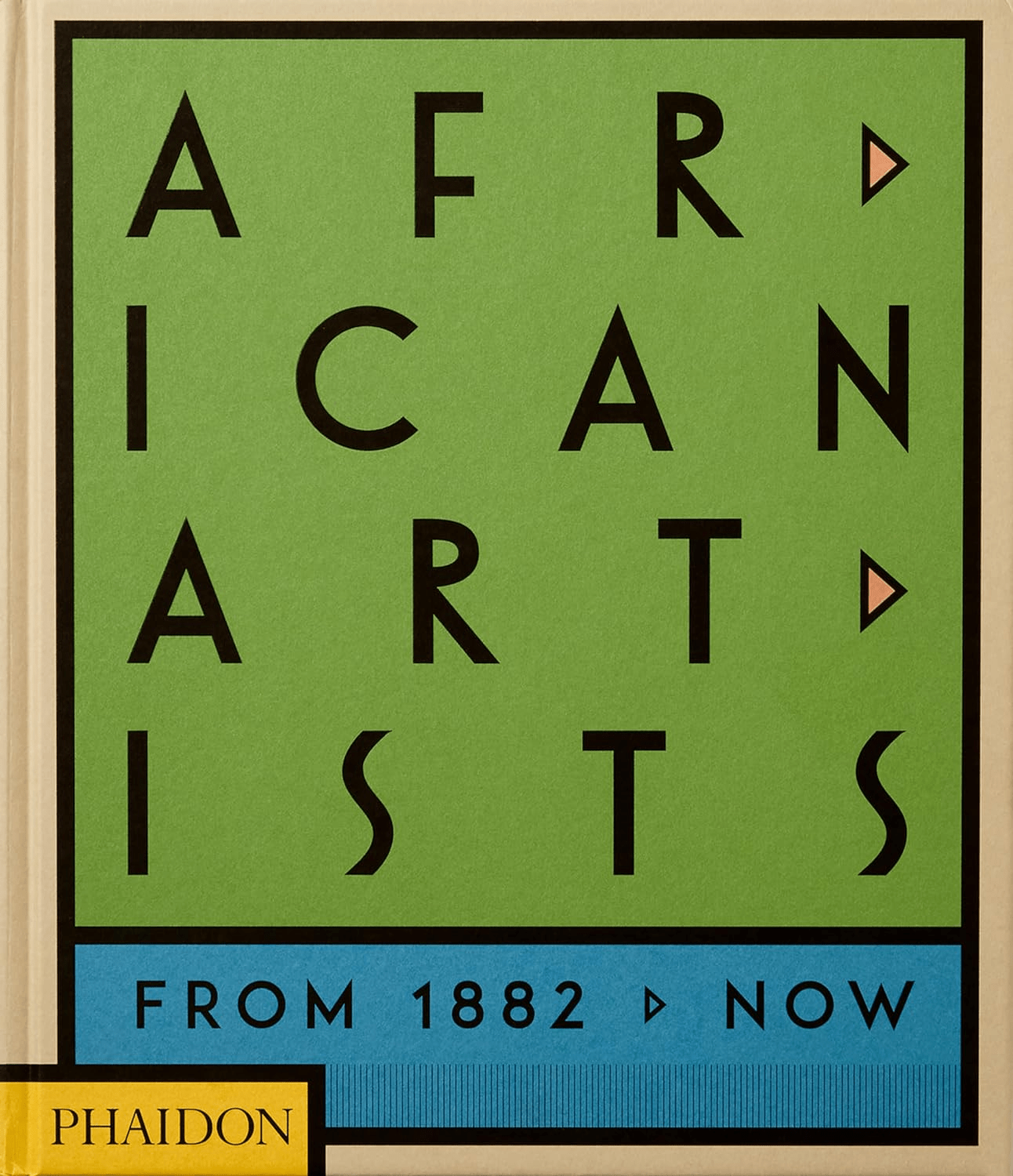
The Sultan and the Queen: The Untold Story of Elizabeth and Islam
Tom Verde
Jerry Brotton
2016, Viking, 978-0-241-00402-9, $28 hb. (Published in the UK as This Orient Isle.)
In 1570, with Catholic Spain and Rome breathing down her Protestant neck, Britain’s Elizabeth I turned to her enemies’ enemies, Morocco and Ottoman Turkey. The treaties and trade agreements she struck with these sultanates infuriated her Continental rivals while enriching Tudor England with “exotic commodities from Islamic lands that included cotton, rhubarb, currants ... and intricate textiles, as well as the Moroccan sugar” that Elizabeth consumed “in such copious quantities” it blackened her teeth, writes historian Jerry Brotton. As “Sultana Isabel” (her Moroccan title) dispatched envoys to major Muslim capitals, “Tudor fascination with the Islamic world” infused domestic English culture with clothing and carpets “after the Turkish fashion” and influenced the works of Marlowe and Shakespeare (e.g. Othello), among others.
You may also be interested in...

Children’s Book Documents Rise of Umm Kulthum, Egypt’s Star of the East, As Declaration of National Identity
Illustrator Rhonda Roumani presents an illustrative biography of legendary Egyptian singer and cultural icon Umm Kulthum.
A Century of African Art, in 300 Voices, All in One Book
From Cairo to Khartoum to Casablanca, this volume traces how African artists have shaped—and reshaped—modern art over the past century.